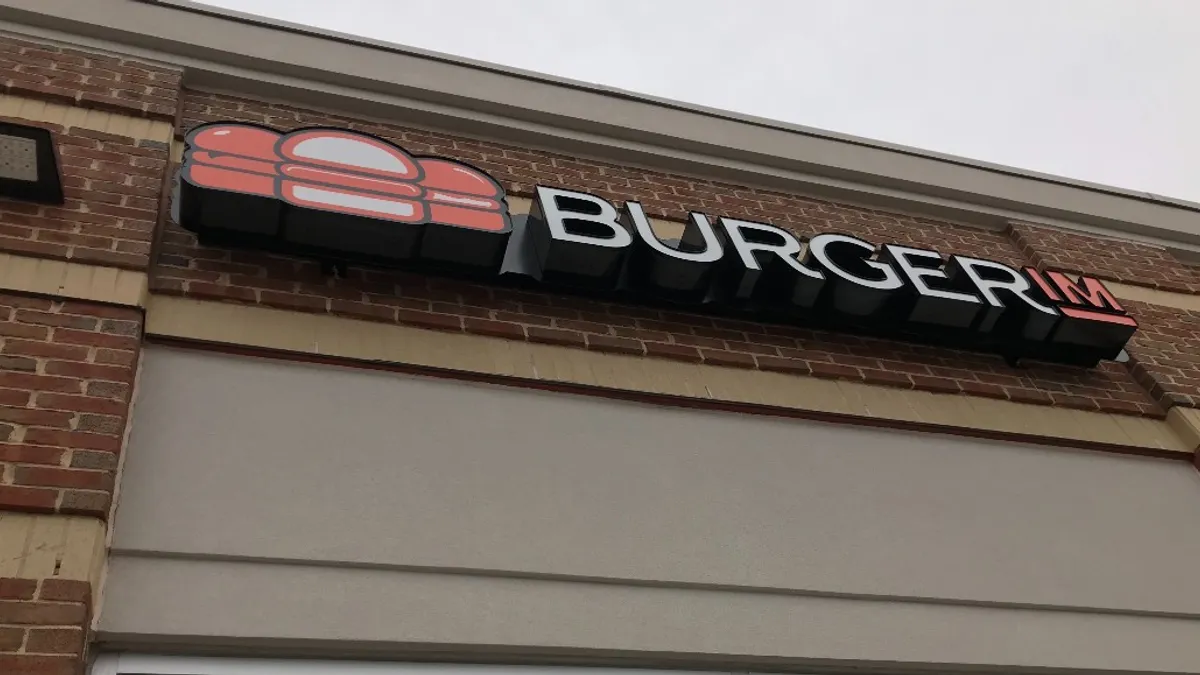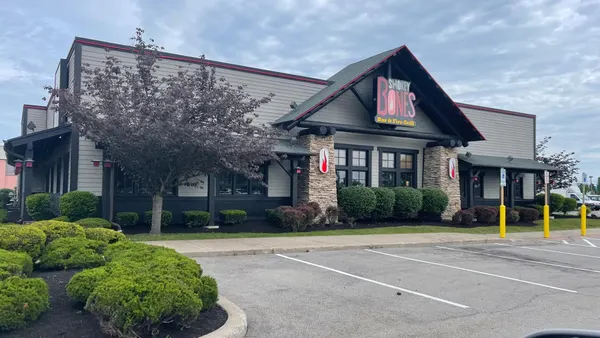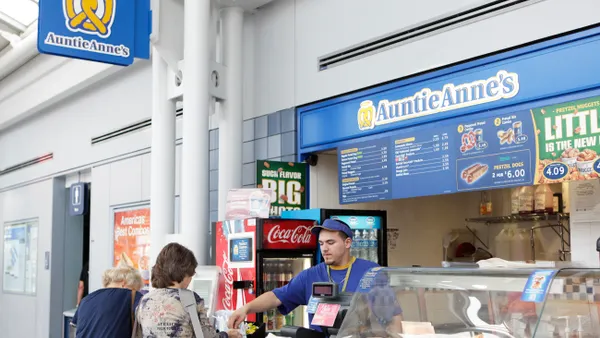Burgerim has been permanently barred from selling franchises and ordered to pay $56 million in civil penalties and consumer redress, according to a default judgment against the company issued last month. The judgment closes the legal battle between the Federal Trade Commission and Burgerim over deceptive franchising practices.
The FTC initially sued Burgerim in 2022 over its franchising practices, which, the government contended, resulted in the sale of more than 1,500 franchises. Some aspiring franchisees paid large sums of money for locations, but the majority never opened a restaurant.
The FTC settled with Oren Loni, the CEO and founder of Burgerim, in November. The judgment approving the settlement included $43 million in civil penalties and consumer redress, though payment of those penalties was suspended if Loni paid a token sum.
The chain’s contact page now says it no longer accepts franchise applications, but still features a form that allows individuals to submit contact information and estimate how much they could contribute toward opening a restaurant.
Burgerim is not the only restaurant chain facing a hefty default judgment this year. At the end of January, a federal judge sided with US Foods in its case against Boston Market, when the latter failed to respond adequately.
Default judgments, according to Cornell Law School, generally occur when a defendant fails to respond to a lawsuit. In 2021, Burgerim was fined by California for its franchising practices and ordered to grant refund requests to franchisees in a timely fashion. The California case alleged the chain enticed amateur operators with promises that they could open restaurants without any experience as restaurateurs, and with relatively little capital.














